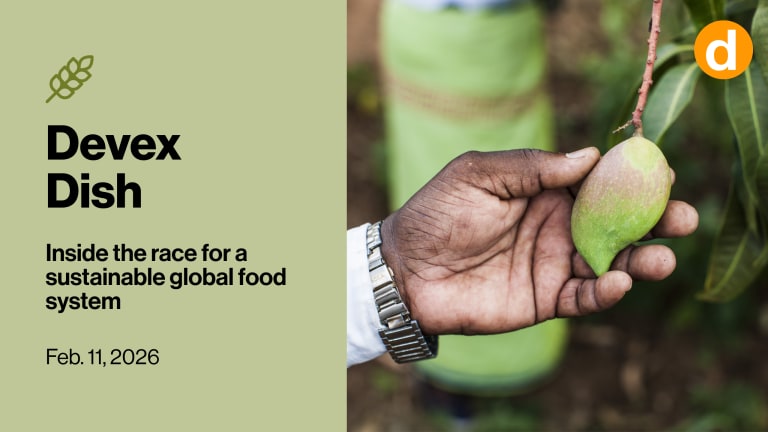Artificial intelligence, blockchain, and Web3 are some of the technologies that the United Nations’ International Fund for Agricultural Development is banking on to help farmers and improve food security by 2030.
For smallholder farmers in low-income countries, innovation could be a lifeline with the potential to reshape their lives and the future of agriculture. That was the message at this week’s annual meeting of the IFAD’s Governing Council, which focused on “Innovation for a Food-Secure Future.”
IFAD is a Rome-based international financial institution that provides grants and low-interest loans to support food security and resilience. Heads of state and other representatives from its 178 member states gathered in Rome to approve the strategic direction of the fund’s work during its next replenishment window for 2025 to 2027.








